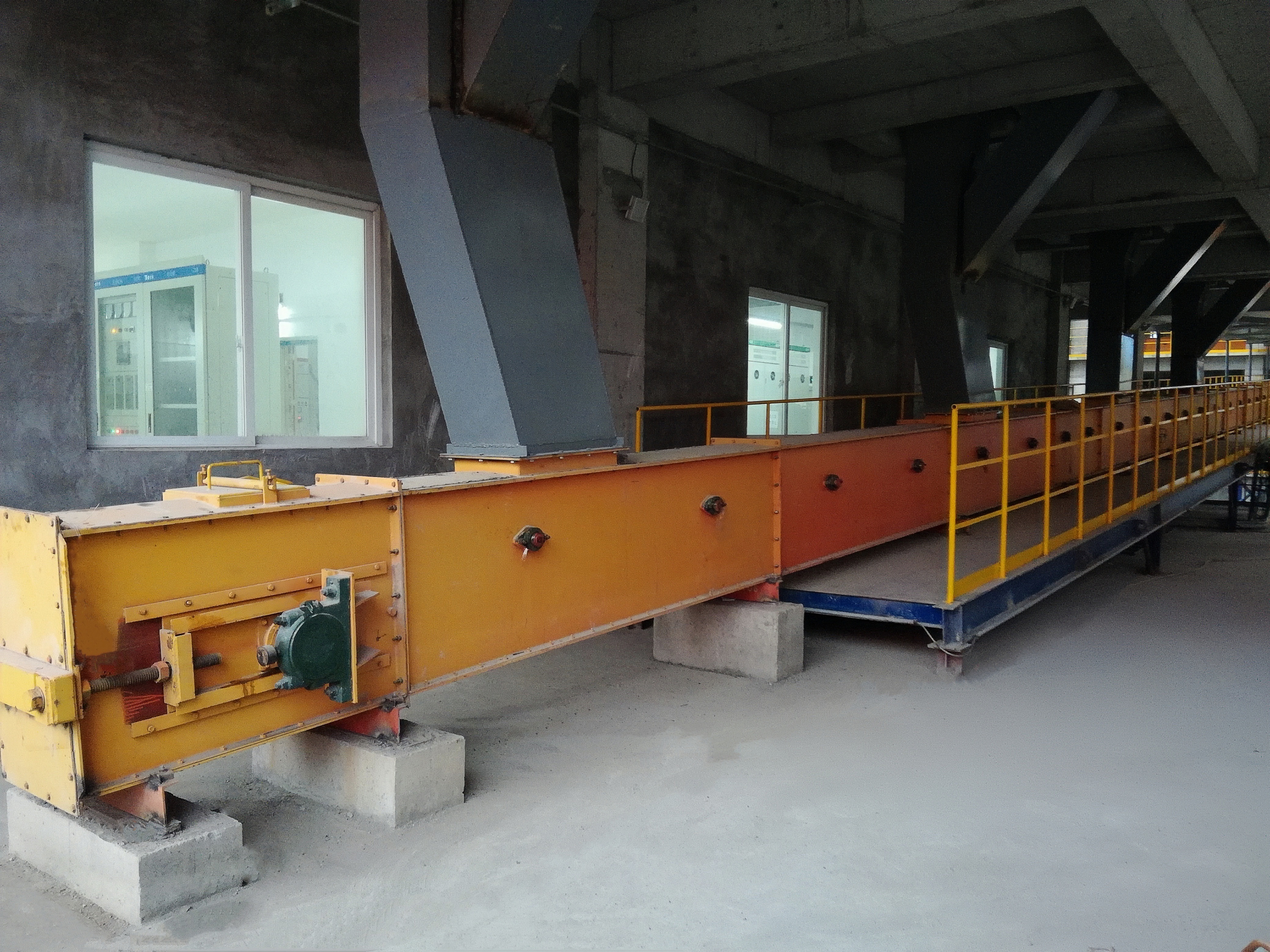The Application of En-masse Conveyors in the Building Materials Industry
Author :
Efficient Bulk Material Handling:The Role of En-Masse Conveyors in the Building Materials Industry
The En-masse conveyor is one of the core equipment for conveying bulk materials in the building materials industry, capable of achieving enclosed and efficient conveying of powders, granules, and small lumps.
Core Application Scenarios
In the building materials industry, these are the following major transported raw materials:
• Cement production: raw meal, cement finished powder, coal powder, etc.
• Lime and gypsum processing: lime powder, gypsum powder, desulfurized gypsum, etc.
• Sand and aggregate: fine sand and crushed aggregates after drying.
Core Advantages
• Enclosed Conveying: The closed design of the machine body can effectively prevent dust from spilling from the material and moisture from ingress, meeting the requirement of the building materials industry for the production environment and material quality.
• Strong Adaptability: It can convey materials horizontally, inclined, and even vertically and does flexible adaptation to the complex spatial layout of a building materials plant.
• Stable Conveying: The material moves as a whole under the push of the scraper, and it has a uniform, controllable conveying volume without any of the common problems of material deviation or blockage.
Main Technical Features
Working principle: The chain moves, "scrapes and carries" the material forward in a closed rectangular trough. The material moves in a synergetic way with the chain, owing to its own gravity and the push of the scraper.
Key components: The main parts include the trough, scraper chain, drive unit, and tensioning device. Depending on the application, the scraper chain material selection depends on the wear resistance properties of the transported material and can be made from wear-resistant steel.
Conveying parameters: Usually, the single machine conveying length is kept within 100 m, while the conveying capacity can range from a few cubic meters per hour to thousands of cubic meters, to be determined as per material characteristics and production requirements.
Key Considerations for En-masse Conveyors in the Building Materials Industry
When the En-masse conveyor is applied in the building materials industry, it is necessary to combine the material characteristics and production scenarios of the industry, and focus on the following aspects to ensure the stable operation of the equipment and production safety:
Material matching and pre-treatment: In the building materials industry, for example, cement and lime powders absorb moisture and form lumps, while sand and gravel are very abrasive. One should remove large impurities beforehand to not block the scrapers. For high-humidity materials, such as desulfurized gypsum, the moisture content must be controlled. If it is in excess, a drying pre-treatment must be installed to avoid sticking material onto the inner walls of the trough, which would adversely affect the conveying efficiency. Besides, the abrasiveness of the material determines the choice of scraper chain material. For instance, high-wear-resistant high-manganese steel scrapers are provided for conveying sand and gravel, while those made of ordinary alloy are for conveying cement powder to minimize component wear.
Maintenance on Equipment: The trough should periodically be cleaned of any residual material, paying more attention to the corners where lime powder and cement powder are likely to accumulate, as this would increase the running resistance of the scraper over time due to compaction and hardening. The tightness of the scraper chain should be checked and adjusted by the tensioning device in case of chain slack, which may cause chain jumping or even breakage. Temperature and noise should be noted for the drive unit. If an overheated motor or abnormal noise is detected, the machine must be stopped immediately for troubleshooting to avoid causing production line interruption due to drive failure.
Safety and environmental protection control: Although the equipment is closed in structure, routine checking of the sealing parts at the trough connections, such as flange gaskets, must also be performed to avoid dust leakage due to aging and damage, which complies with the environmental protection requirements of the building materials industries. Furthermore, all operational requirements must be followed, such as material flow control at feeding points and a prohibition against overload in conveyance. Protective barriers, along with warning signs, should surround the equipment to ensure that no personnel accidentally come in contact with the running scraper chain and that production proceeds safely.
En-masse conveyor,Building Materials Industry,Bulk Material
Previous page
Previous page
Get a Free Quote
We sincerely welcome you to write to us, call us to inquire about our business, visit us, inspect us, buy us and adopt us. You have any questions you can write to call, you can also leave a message on this site, the site administrator will do our best to provide you with the most efficient service.










